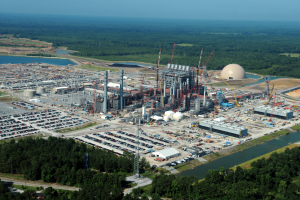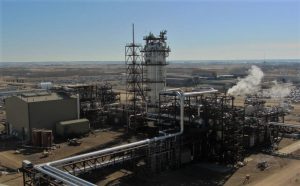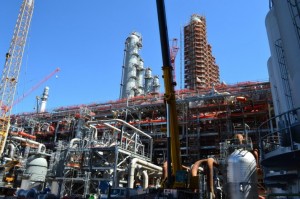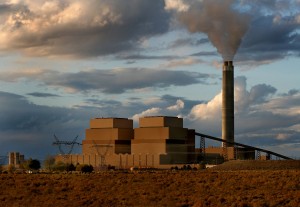4 item(s) were returned.
Proposed in 2006, Southern Company’s (“Southern”) Kemper County Power Generation Facility (“Kemper”) was initially viewed as a flagship demonstration project for “clean coal” technologies like carbon capture and sequestration (“CCS”). Eleven years on, Southern has announced it is “immediately suspending start-up and operations activities” on the gasifier units and the facility “will continue to operate using natural gas pending the Mississippi Public Service Commission’s decision on future operations.” The 582 MW plant was designed to convert lignite coal into a synthetic gas with a CCS system capturing more than half of the emissions. Since 2012 however, Kemper has faced years… [more]
View InsightSolutions Fellow
Center for Climate and Energy Solutions
California has demonstrated leadership in setting ambitious goals for reducing greenhouse gas emissions by setting a target to reduce emissions to 40 percent below 1990 levels by 2030. While California is reducing emissions and expanding clean energy through many means, including a cap-and-trade program, the state appears to be underestimating the effectiveness and readiness of carbon capture technology and how it could help California reach its goal. In consensus comments on the California Air Resources Board’s (CARB) draft 2017 Climate Change Scoping Plan Update, a diverse group of nonprofits (including C2ES); environmental groups; and oil, gas, and ethanol companies outlined… [more]
View InsightCo-Executive Director
The Institute for Carbon Removal Law and Policy, American University
The Paris Agreement establishes the objective of “[h]olding the increase in the global average temperature to well below 2°C above pre-industrial levels and to pursue efforts to limit the temperature increase to 1.5°C above pre-industrial levels . . .” However, in the negotiations leading up to Paris, and in its aftermath, it has become increasingly obvious that meeting even the less stringent of these two goals may prove extremely daunting. As a result, new technologies and alternative methods of generation, such as bioenergy, are receiving increased attention. Policymakers and climate scientists believe the only way to avoid passing critical climatic… [more]
View InsightAs a party to the Paris Climate Agreement, the United States affirmed its continued commitment to significantly reducing carbon emissions by 2025. According to the Department of Energy and the International Energy Agency, achieving large CO2 reductions will require an “all of the above approach” with new and innovative energy technologies, such as carbon capture playing a primary role in any successful CO2 mitigation strategy. Carbon capture and sequestration (CCS) have been receiving bipartisan support from a number of policymakers. In February Representative Mike Conaway (R-TX 11th Dist.) introduced a bill, which would expand and create a permanent tax credit… [more]
View Insight


